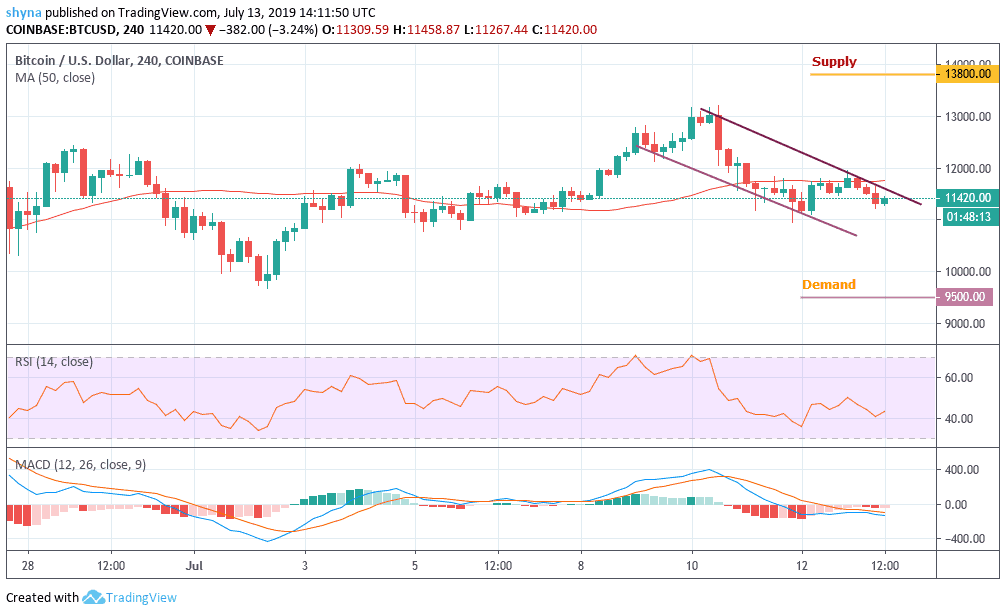Join Our Telegram channel to stay up to date on breaking news coverage
The world is struggling to regulate cryptocurrencies. Nobody is quite sure on how to tax them, what to classify them as, or really anything regarding the new technology. However, things look to be changing a little bit in the nation of Georgia. There, those in power took charge and have removed Bitcoin from the list of value-added tax items (VAT).
Changing of the times
Essentially, what this means is that the state now views Bitcoin as a currency, as crypto-to-fiat conversions are no longer treated as a service. Rather, transactions simply won’t have a VAT added onto them, reports Bitcoin.com.
The order, introduced in June, was finally signed by finance minister Ivane Matchavariani. There, the group defines cryptocurrencies:
“Cryptocurrencies are digital assets that are exchanged electronically and based on a decentralized network. Their exchange does not require a reliable intermediary and they are managed using distributed ledger technology.”
Essentially, citizens of the area that convert assets into local or foreign fiat won’t pay any VAT, according to Forbes Georgia. That and more “private” groups won’t have to pay income taxes either. That said, the lari, Georgia’s local fiat currency, is still the only legal form of payment within the nation. Citizens cannot use digital assets for payments. In fact, foreign currency isn’t allowed either.
However, the situation isn’t for everyone. As of now, mining companies will have to pay VAT on transactions except if they’re registered somewhere else. Interestingly, since the space has hydropower plants, it’s ideal for cheap and efficient energy which makes it a popular mining hotspot.
Regions in Europe are looking to regulate assets across the board. That said, it’s a little difficult considering Bitcoin and Ethereum are different than other crypto-assets. They don’t have a central authority in control as other cryptocurrencies do. The United Kingdom, for example, handles cryptoassets as a foreign currency. Another space, like Slovenia, doesn’t tax gains, however.
We’ll have to see how others regulate how to buy cryptocurrency. Who knows? Maybe these spaces will pull from the world of stock trading?
Join Our Telegram channel to stay up to date on breaking news coverage


